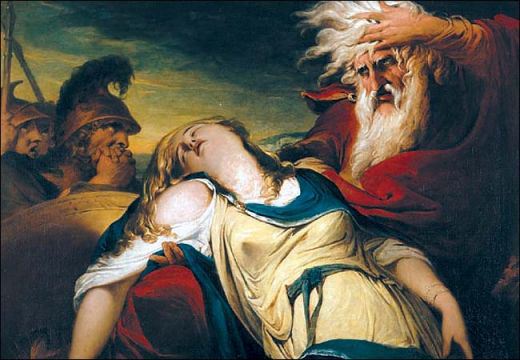Wednesday
I have been asked not to reveal his name, but someone I love very, very dearly has just been diagnosed with stage 2 pancreatic cancer, which has a 9% survival rate. I am still trying to absorb the news. I think I’ve used the opening paragraph of “Sonny Blues” in the past to register shock, but here it is again:
I read about it in the paper, in the subway, on my way to work. I read it, and I couldn’t believe it, and I read it again. Then perhaps I just stared at it, at the newsprint spelling out his name, spelling out the story. I stared at it in the swinging lights of the subway car, and in the faces and bodies of the people, and in my own face, trapped in the darkness which roared outside.
The paragraph captures my current feeling that we are all hurtling through a roaring darkness, swaying crazily with only momentary flashes of light to guide us. As I noted last week, inner and outer darkness is a continuing theme in Baldwin’s story, and the author offers no ready way to deal with it. Although the narrator feels his darkness lift in the story’s musically transcendent conclusion, he knows that the moment is but a moment:
And I was yet aware that this was only a moment, that the world waited outside, as hungry as a tiger, and that trouble stretched above us, longer than the sky.
I heard the news a few hours after teaching King Lear, and suddenly the bleak passages in that most existential of Shakespeare’s plays felt personal. For instance, at one point Lear essentially laments, “Why me?” Life seems utterly absurd when we witness or undergo undeserved suffering:
I am a man more sinned against than sinning.
Watching my friend, I identified with Edgar when he encounters his blinded father stumbling on the heath. Edgar realizes that, as horrible as it all is, it may be the prelude to even worse horrors:
O gods! Who is’t can say ‘I am at the worst’?
I am worse than e’er I was.
And then:
And worse I may be yet: the worst is not
So long as we can say ‘This is the worst.’
Gloucester, meanwhile, sums up my current feeling that we are the playthings of malevolent forces:
As flies to wanton boys, are we to the gods.
They kill us for their sport.
And then there’s Kent’s despair as he witnesses a man howling in animal pain after having lost his daughter:
Is this the promised end?
Since my friend is one of the most stoic people I know, I wonder whether he will take refuge in the stoicism that Edgar at one point recommends to his father:
What, in ill thoughts again? Men must endure
Their going hence, even as their coming hither.
Ripeness is all.
In other words, we are not to give up until we drop from the tree. Until then we must endure.
But right now I am not feeling stoic, nor moved to offer such advice. I want, rather, to believe in what both Lear and Sonny’s brother discover: that there will be moments of transcendent beauty and love in this most desperate of situations. Despite all the darkness in Lear, for me the play is about the power of love, with Lear’s final few hours with Cordelia meaning more to him than all of his other years combined. If all we have left are a few years–or even months–I want my friend and those of us who love him to experience such moments.
Love is all we have to push back against the fact that we are but tiny blips in the endless flux of matter. Lear’s heart may break, but at least he has a heart to break. He is fortunate to rediscover it before it is too late.


